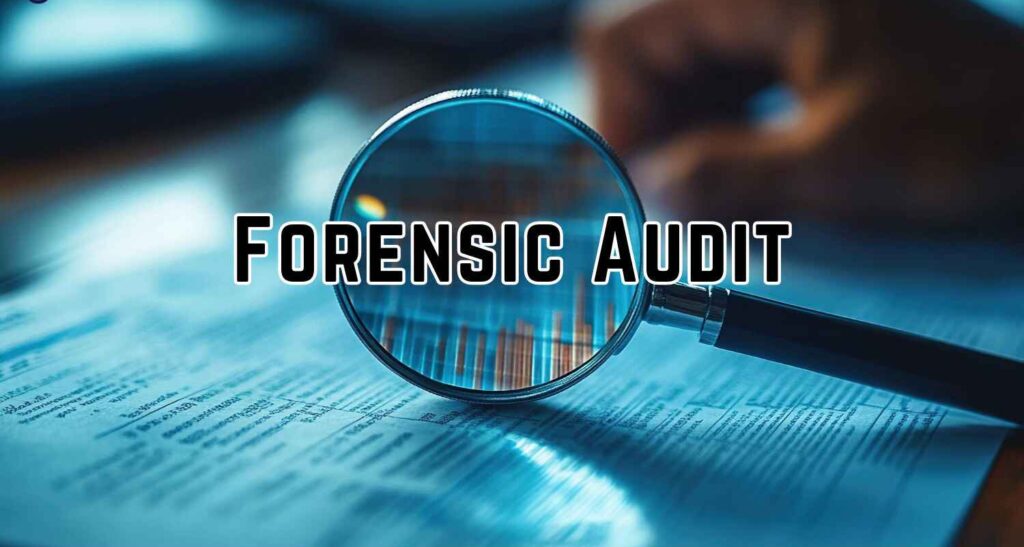As financial crimes grow in complexity and sophistication, forensic audits have emerged as a cornerstone in the battle against corporate fraud. At the heart of this investigative process are Chartered Accountants (CAs), whose evolving role now extends far beyond conventional audits and compliance checks.
What was once a specialized domain is now mainstream, with regulators, courts, and law enforcement agencies increasingly relying on CAs to identify, document, and explain financial irregularities. Their work is helping shape both legal outcomes and internal reform within some of India’s largest institutions.
From Auditors to Investigators
Forensic audits, unlike routine statutory audits, are designed to uncover deliberate misstatements, fraud, and misappropriation. Chartered Accountants equipped with specialized forensic skills sift through complex layers of financial data — including off-balance-sheet transactions, shell companies, and opaque money trails.
“Chartered Accountants are uniquely placed. They understand how financial manipulation is carried out, and that insight is critical in forensic reviews,” said a senior partner at a Big Four audit firm who has led investigations into several high-profile corporate collapses.
The Institute of Chartered Accountants of India (ICAI) has also intensified its focus on forensic accounting through specialized certifications, making forensic auditing a fast-growing domain among mid-career professionals and financial investigators.
Legal Testimony and Evidence Curation
The CA’s role does not end with financial analysis. In many cases, they are called upon to prepare litigation-ready documentation and even provide testimony as expert witnesses in court.
For instance, in several recent Enforcement Directorate and SFIO probes, forensic audit reports authored by practicing CAs were central to framing charges. These reports outlined how company directors diverted public money, falsified balance sheets, or used circular trading to inflate turnover.
“Courts are placing increasing reliance on forensic reports, especially when backed by documentation and methodical analysis,” said a retired high court judge. “CAs are no longer just accountants — they are often the first witnesses to corporate fraud.”
Challenges and the Way Forward
Despite their growing relevance, forensic audits are not without challenges. Regulatory ambiguity, lack of cooperation from entities under investigation, and inadequate access to data often hinder the scope of work.
Additionally, there is a fine balance between identifying red flags and prematurely drawing conclusions that may not hold up in court.
Experts argue for clearer regulatory mandates, enhanced data-sharing protocols between companies and auditors, and a formal framework that defines the liability and protection of forensic auditors.
Still, as India’s financial ecosystem becomes more transparent and digitized, the prominence of CAs in the forensic landscape is only expected to grow. Their reports are not only helping regulators clamp down on white-collar crime but are also empowering whistleblowers, investors, and policymakers with credible evidence.
“Financial fraud is no longer hidden behind ledgers — it’s layered in algorithms, offshore accounts, and digital footprints. Chartered Accountants who understand these nuances are indispensable,” said the head of a leading forensic audit firm.
As the guardians of financial integrity, Chartered Accountants are now central to India’s fight against economic crime — not just by crunching numbers, but by telling the hidden stories they reveal.


